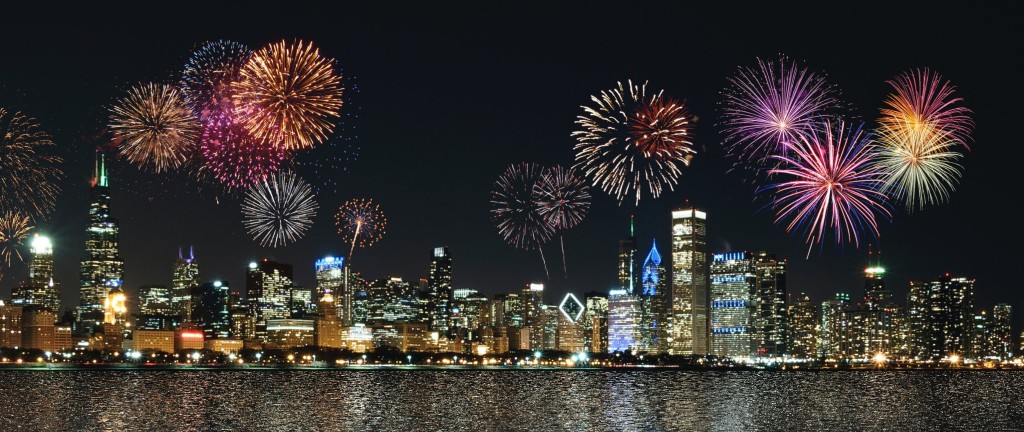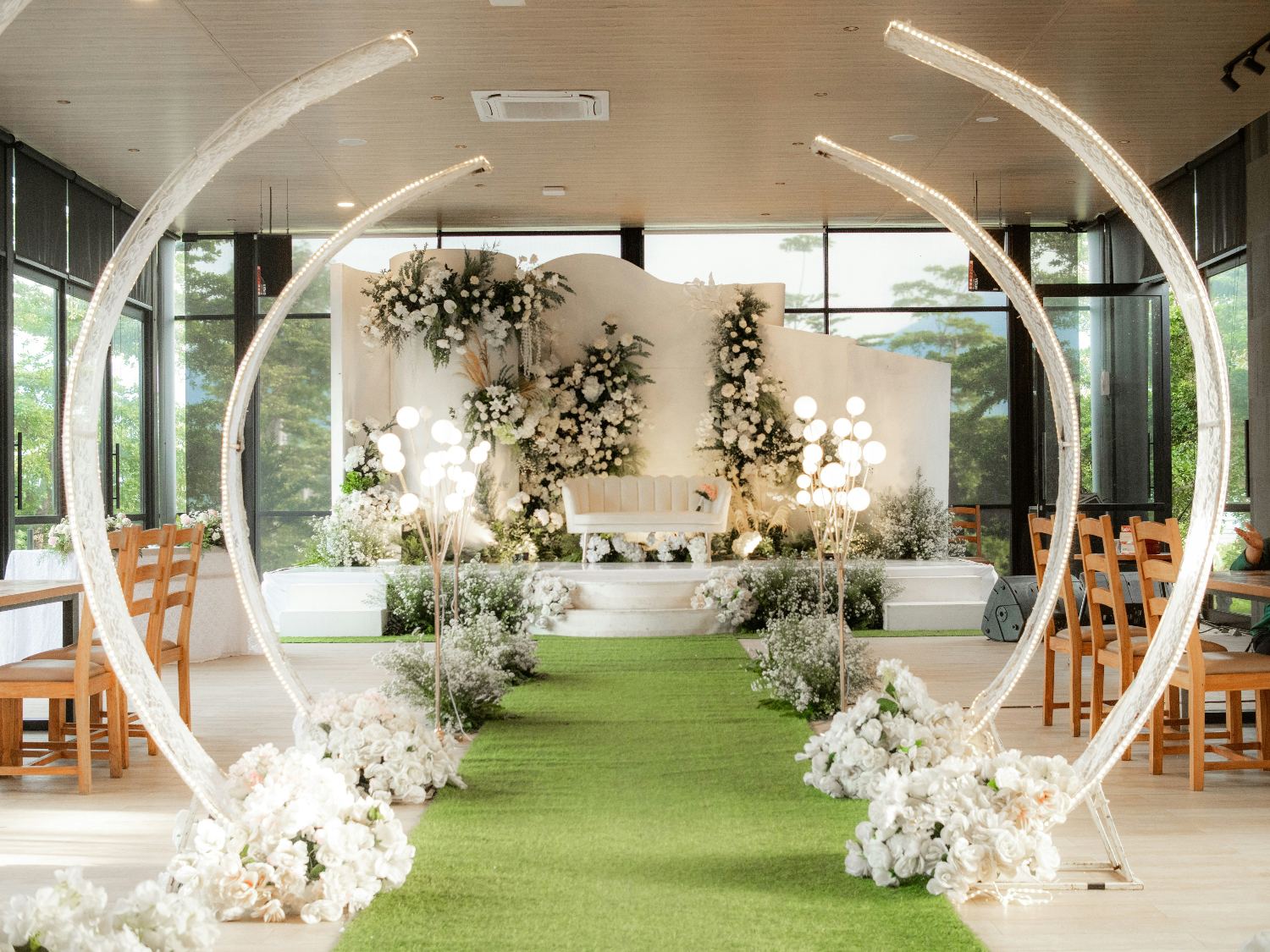How to throw the best New Years Party
Your New Years party is going to go brilliantly, we’re sure of it. But being prepared for any unexpected twists or turns could help you effectively solve a problem on the day of your event. This will stop issues escalating and will ensure you’re in complete control of your event.
Here are our top ten “what ifs“, and how to save your New Years event if something unexpected comes up…

1. What if it’s a rainy day
The weather forecast doesn’t need to put a dampener on your event. Simply keep an eye on the weather and ensure guests are informed if your event will be affected (aka, if part of the event is situated outdoors, guests should be told to dress appropriately and bring an umbrella).
Atrocious weather could cause your event to be cancelled or postponed, particularly if most of your event guests or suppliers can’t get to your venue. This can’t be helped, of course, but you can avoid losing out financially with Bad Weather Insurance cover.
2. What if your entertainment doesn’t show up
The entertainment is one of the most important aspects of a party or event. If your event is ticketed and open to the public, it’s even likely some of your guests are only attending due to the entertainment on offer. So what do you do if something goes wrong?
Your speaker, musician or performer might be ill, caught in traffic or have an unavoidable disaster. To prevent last minute problems, include a cancellation clause in the contract so you’re more likely to get 24-hours advanced notice. But that still won’t prevent problems occurring on the day of your event.
Have an alternative at hand. No, that doesn’t mean pay for two performers and just hope one of them turns up! You should have a back—up list of entertainment who are local and definitely available on the day of your event. This way you’ll have a number of people you can call in a crisis to step in and save the day.
Don’t rely too heavily on your star attraction. An event that hinges solely on a guest speaker, performer or musician could experience disaster if they were to pull out. You should make sure you have plenty to keep your guests interested, including a great theme, snazzy décor and tasty food.
3. What if you have a food disaster
Catering can be one of the most stressful elements of organising any event.
You could run out of food too soon, you could discover the catering isn’t quite as good as you’d hoped or the food could arrive late. Be prepared and have back-up snacks at the ready. Even if you need to resort to crisps and cake, or party bites from the freezer, it’s much better than your guests going hungry.
It’s also possible you didn’t consider every dietary requirement on the list. For example, maybe one of your guests has a nut allergy or a gluten intolerance? When you send out invites (whether you’re hosting a private or public event), always ask for dietary requests and allergy information.
Remember, if a guest falls ill and you didn’t take adequate provision to ensure their safety then you could be found liable. When it comes to catering, it’s definitely better to be safe than sorry.
4. What if there’s a major disaster
It’s highly unlikely there’ll be a fire, flood or power outage at your event but you should have emergency plans in place. Thorough risk assessments will help to mitigate these problems, and all staff / volunteers should be adequately trained to cope with a disaster calmly and efficiently.
You should have an evacuation plan to hand, and an emergency kit prepared containing flashlights and a power pack.
5. What if you have too many guests… or not enough
You may have unexpected guests turn up to your party. Maybe they’re a plus one you didn’t account for, or someone who never responded to the RSVP. Whilst you can easily turn away gate-crashers and the rogue friend-of-a-friend who definitely wasn’t on your guest list, it’s much harder to turn away friends who have turned up unexpectedly.
Keep in mind that all venues will have a maximum capacity, and this should be higher than your expected turnout (particularly if you know guests may turn up unexpectedly, such as for a non-ticketed event). Always opt for a slightly larger venue just in case – whilst still being aware of any minimum attendee requirements. The trick here is to get the balance just right, and your venue contact will be able to help with this.
You could also experience a high volume of no-shows. As an estimate, expect around a 20% drop out rate. This is disappointing for any event organiser, whether you’re planning a small party at home or arranging a large-scale conference.
To avoid both scenarios, send a reminder to your guest list in the days leading up to your event. Encourage people to ask if they’re bringing anyone else along with them, and make it very clear your event is invite-only!
Depending on the scale of your event, you could consider door security to enforce strict guest list entry. And that brings us nicely to our next point…

6. What if you didn’t arrange security
This is particularly applicable to parties hosted at an external venue, though you should also consider hiring security for a large house party.
Our blog on how to improve your event security offers comprehensive advice on the security measures you ought to consider. As a general rule, you should consider one licenced security guard per 75 guests in addition to general event security (such as door staff, patrolling security etc). This will help to ensure your guests stay safe, prevents underage drinking and suspicious behaviour is identified and dealt with effectively.
7. What if there’s a guest injury
It’s everyone’s worst nightmare, but accidents do happen. Maybe a guest has slipped on a spilled drink or they’ve fallen over some loose wires. Every event organiser should have completed a thorough risk assessment but sometimes slips and trips are unavoidable.
Act quickly and make sure your guest is treated as soon as possible. Record the accident and remove the hazard, taking photographic evidence if needed. This will help you to defend your case should your guest make a claim against you.
8. What if your property gets damaged
If you’re hosting an event at home, you should make sure all valuables are safely tucked away. But, even if you’re hosting an event at a venue you’ll need to have adequate insurance to cover you in case your guest causes damage to the property or equipment.
9. What if your event receives complaints
A neighbouring property may make noise complaints, requiring you to halt or alter the nature of your event at the very last minute.
Make sure you let anyone who may be affected know about your event, particularly if you’re hosting it at home. Know relevant regulations and restrictions, and turning the music down when you need to, will help you stay on the right side of the law.
If you’re hosting an event at a venue, make sure you know their licensing restrictions (such as what time they can serve alcohol until). This will help avoid any unexpected surprises on the night.
10. What if there’s a guest mishap
Maybe someone’s had too much to drink, or a friendly debate has suddenly got a little heated. The best way to handle a potentially volatile situation is to diffuse it, particularly if you don’t have event security on-hand to help.
Whether you’re hosting an at-home party or you’re arranging a larger event at a venue, it’s worth considering having a quiet area or break-out space for guests to go. It’s becoming increasingly popular for events to include these rooms, prioritising the wellbeing of guests. This allows people who prefer a quiet atmosphere or need some time out away from the action to find a comfortable and calmer space.

What is New Year party insurance and do I need it?
So you’ve taken all the necessary actions to make sure your event runs smoothly. But you should still keep in mind what happens if unexpected “what ifs” occur.
Insurance for parties and celebrations provides cover for Public Liability, Event Cancellation, Adverse weather conditions, Abandonment or postponement, Employers’ Liability and Equipment Insurance.
To make sure you’re protected, fill out our quote form today.


